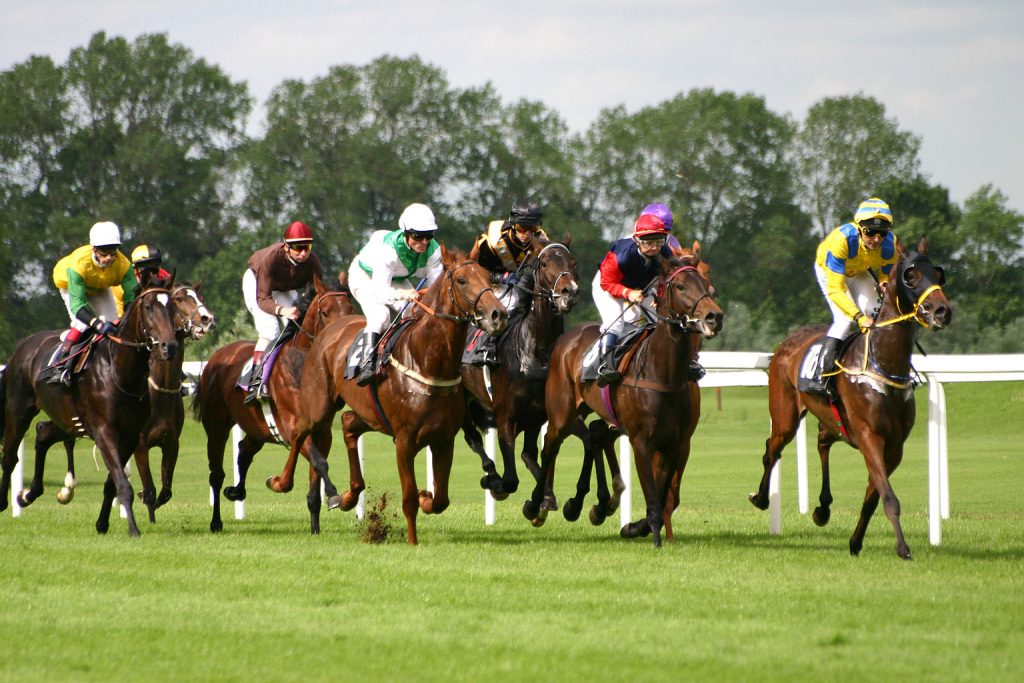
When it comes to feeding requirements of a racehorse, you might ask yourself this vital question whether they need fat or protein in their diet or not. When it comes to the rations of racehorses, experts state that fat is an alternative energy source for horses that participate in racing tournaments. Horses can receive large amounts of calories in a concentrated form. This helps them to perform better and get the energy they need for horse racing.
Fat
If you carefully examine wild horses, you will find that they do not consume fat from grasslands, however, like their racing counterparts, they can digest fats without problems. Racing horses are given fats in the form of vegetable oils however the intake must be controlled or else they will tend to get loose and feces. They should not switch to a diet with high oil content too quickly.
Horse care experts say when it comes to racing, the consumption of vegetable oil in the form of energy is safe. The horse can easily digest it, and the excess fat can escape from the small intestine. They state that another good energy source for a racing horse is beet pulp. This is often available in the market as a by-product of the sugar beet industry that is prepared after drying the residual pulp post extraction of the sugar. This pulp is rich in fermentable fiber, and it has a dietary energy level that is equivalent to oats.
Do racing horses need protein?
When horses participate in reputed tournaments, experts suggest that minute attention should be given to its protein intake. In case the protein content is more over its requirement, the extra protein that the horse has can be used as an energy source. Experts from professional horse racing website TVG.com says the amino acids that are derived from this extra protein in horses are broken down by its liver, and the nitrogen present in this protein is later excreted from its system as ammonia. The little traces that are left is oxidized for the production of fat or glucose.
Food experts of racehorses state that when it comes to protein, excess protein intake must be avoided as the horse needs to increase its water intake and the levels of urea increase in the gut and this leads to more excretion of urea in the gut. If the latter takes place, there is a risk of disturbances in its intestines like enterotoxemia. When the ammonia levels in the gut increase irritability in the nerves and other disturbances in carbohydrate metabolism. Experts also add this phenomenon can also lead to respiratory issues in the horse.
Therefore, from the above, it is evident that racehorses do need fat and protein however in controlled quantities. This needs to be monitored well, and the feeding patterns must ensure that too much protein is not administered to the horse to cause health complications both after and before it is scheduled to participate in the racing tournament.
About The Author:
Silvia Watson is a freelance content writer. She has written many good and informative articles on different categories such as technology, health, fashion, education, career, travel etc. She is a featured author at various authoritative blogs in the health and fitness industry and currently associated as a blogger with https://www.tvg.com/




